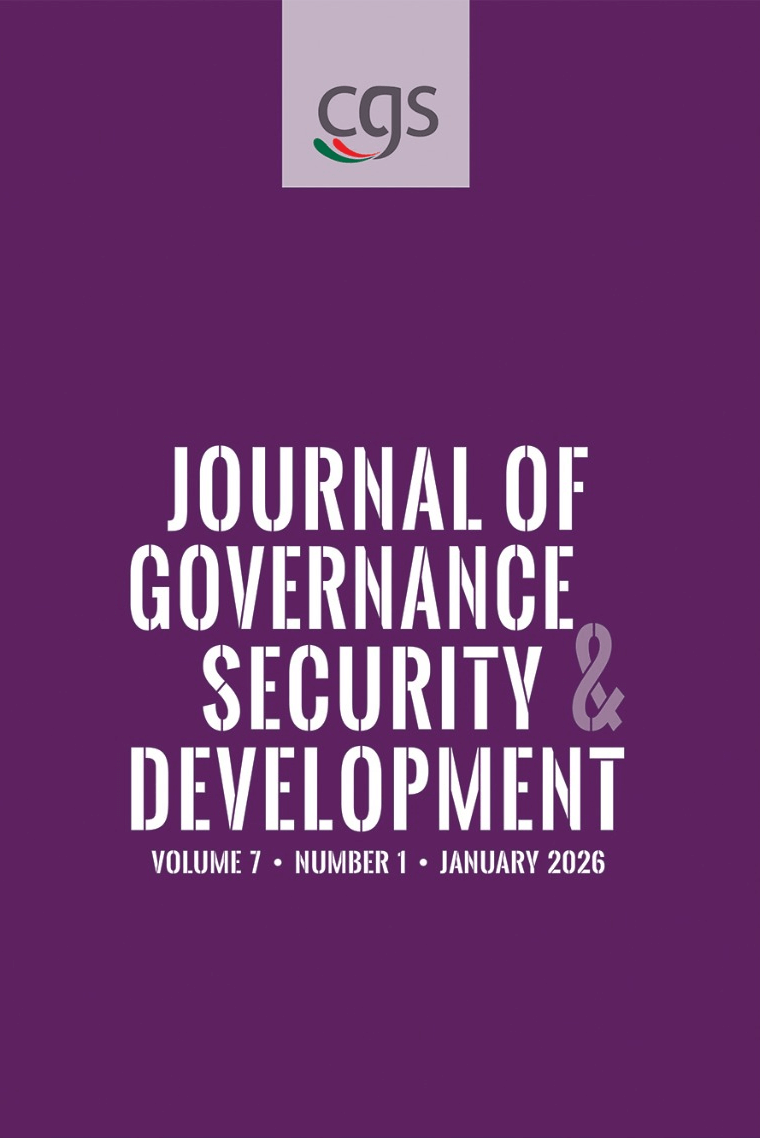Journal Abstract
Volume 5 | Number 2
Online Version: ISSN No: 2708-2490
Print Version: ISSN No: 2709-0590
Price: BDT: 750.00, USD: 25.00
Publish Date: 01, January 2025
Article:
Mohammad Zahidul Islam Khan
Abstract
The combined offensive of 21 November 1971 – now celebrated as Bangladesh’s Armed Forces Day—marked India’s first overt military engagement in support of Bangladesh’s ongoing Liberation War, which was intensified following the attack. However, India opted for a ‘strategic pause’ until December 3. This paper explores India’s compulsions for the pause, Pakistan’s reactions, and the significance of the military offensive from Bangladesh's perspective through a geopolitical lens. Examining relevant official records of the United Nations, the Indian Lok Sabha and Bangladesh’s provincial government, the paper finds that to draw international legitimacy, India opted for a strategic pause relegating her military intervention in the East as an ‘insignificant prelude.’ Pakistan's pre-emptive strike in the West on 3 December 1971 exposed her to further international obloquy as an ‘aggressor’ and ‘initiator,’ transforming the Liberation War into an ‘Indo-Pak’ war. From Bangladesh's perspective, the November offensive was not a ‘precursor,’ but a continuation, an inevitable merger of the two forces, while retaining Bangladesh’s political authority and ownership of the war amidst a complex geopolitical context. The course followed by Bangladesh and India was guided by geopolitical considerations—exemplifying Clausewitz's maxim that war is an instrument of (geo)politics by other means.


